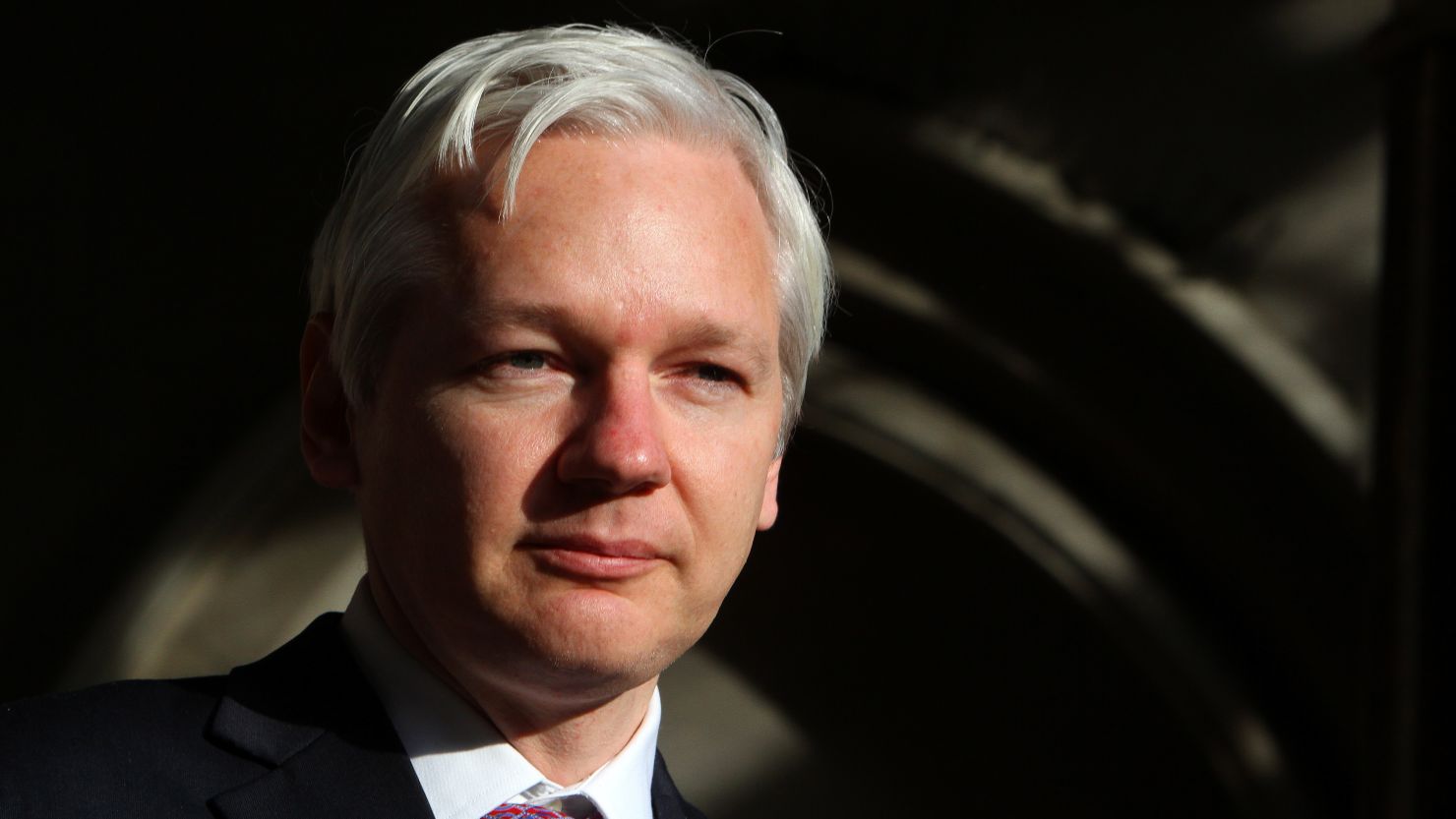WikiLeaks Founder Julian Assange to be Released From Prison
25.06.2024 6:00 2 min. read Kosta Gushterov
WikiLeaks founder Julian Assange is set to plead guilty to a conspiracy charge in a deal with the U.S. Justice Department that could secure his release from a British prison after five years, according to recent court documents.
Assange’s charge relates to his role in the massive leak of classified U.S. military and diplomatic documents, a scandal dating back to the Obama administration. Between 2009 and 2010, Assange allegedly collaborated with former military intelligence analyst Chelsea Manning to release extensive reports on the Afghanistan and Iraq wars, as well as State Department cables and Guantanamo Bay detainee assessments via WikiLeaks.
The plea deal, filed in the U.S. District Court for the Northern Mariana Islands, would see Assange sentenced to 62 months, with credit for time served, allowing him to return to Australia. This move follows his prolonged legal battles to avoid extradition to the U.S., including recent permissions from the London High Court for a full appeal hearing on his case.
Assange’s case also ties into the 2016 U.S. presidential election, where WikiLeaks released hacked Democratic National Committee emails, an operation linked to Russian intelligence. Despite this, former President Trump publicly doubted Russian involvement, contradicting U.S. intelligence findings.
Chelsea Manning, who played a key role in the leaks, was initially sentenced to 35 years but had her sentence commuted by Obama in 2017. She later faced additional legal challenges, including nearly a year in jail for refusing to testify before a grand jury.
This plea deal potentially ends a decade-long saga involving Assange, highlighting significant issues at the intersection of journalism, law, and international relations.
-
1
Ripple Faces Legal Setback as Court Rejects Bid to Ease Penalties
26.06.2025 16:54 1 min. read -
2
Coinbase Surges 43% in June, Tops S&P 500 After Regulatory Wins and Partnerships
29.06.2025 21:00 2 min. read -
3
Ripple Has Applied for a National Banking License
03.07.2025 7:00 2 min. read -
4
What Will Happen With the Stock Market if Trump Reshapes the Fed?
29.06.2025 13:00 2 min. read -
5
Barclays Blocks Crypto Credit Card Payments in Latest Blow to Retail Investors
26.06.2025 8:00 2 min. read
Charles Schwab to Launch Bitcoin and Ethereum Trading Soon, CEO Confirms
Charles Schwab is preparing to roll out spot Bitcoin and Ethereum trading, according to CEO Rick Wurster during the firm’s latest earnings call.
BlackRock Moves to Add Staking to iShares Ethereum ETF Following SEC Greenlight
BlackRock is seeking to enhance its iShares Ethereum Trust (ticker: ETHA) by incorporating staking features, according to a new filing with the U.S. Securities and Exchange Commission (SEC) submitted Thursday.
IMF Disputes El Salvador’s Bitcoin Purchases, Cites Asset Consolidation
A new report from the International Monetary Fund (IMF) suggests that El Salvador’s recent Bitcoin accumulation may not stem from ongoing purchases, but rather from a reshuffling of assets across government-controlled wallets.
Sberbank Moves to Dominate Russia’s Crypto Custody Sector
Sberbank, Russia’s largest state-owned bank, is preparing to launch custody services for digital assets, marking a significant expansion into the country’s evolving crypto landscape.
-
1
Ripple Faces Legal Setback as Court Rejects Bid to Ease Penalties
26.06.2025 16:54 1 min. read -
2
Coinbase Surges 43% in June, Tops S&P 500 After Regulatory Wins and Partnerships
29.06.2025 21:00 2 min. read -
3
Ripple Has Applied for a National Banking License
03.07.2025 7:00 2 min. read -
4
What Will Happen With the Stock Market if Trump Reshapes the Fed?
29.06.2025 13:00 2 min. read -
5
Barclays Blocks Crypto Credit Card Payments in Latest Blow to Retail Investors
26.06.2025 8:00 2 min. read

